Lavrov: Russia’s response to EU hostile measures not necessarily symmetrical
Russia's foreign minister says his country will respond to any hostile actions from member states of the European Union (EU) in a manner similar to that of China.
Sergei Lavrov made the remarks while speaking to reporters on Thursday, emphasizing that Russia's response to EU hostility “will not be necessarily symmetrical.”
"We have always warned that we are ready to respond. We will respond to any hostile actions against us, not necessarily in a symmetrical manner," the Russian foreign minister said.
When a reporter said Europe has probably simply forgotten Moscow’s ability to respond to the pressure, Lavrov said, "What you’re saying, figuratively, is that they have either not read or, more likely, have forgotten the tale of Ilya of Murom, who slept on the stove and nobody noticed?"
However, "this is not a threat," he added.
Lavrov noted that Russia will react to restrictions in a manner similar to that of China.
"China did not respond with severance of economic activity. It simply sanctioned persons and companies that spoke from anti-Chinese positions too loudly. We act somewhat similarly."
Russia’s envoy to the EU said in late February that his country has no plans to sever relations with the EU but if the bloc adopts further “destructive” measures against Moscow, they “definitely won’t go without consequences.”
“In case of further destructive steps from the European Union, Russia will not let the grass grow under its feet but will find corresponding ways and means to influence the situation. We can call it an asymmetric response, but those steps definitely won’t go without consequences,” Vladimir Chizhov said.
Relations between Russia and the European bloc strained when Brussels initially imposed sanctions on Russia in 2014 over the conflict in Ukraine and Crimea’s unification with Russia.
Crimea joined Russia following a referendum in which more than 90 percent of participants voted in favor of unification.
Bilateral ties came under renewed pressure over Western-backed blogger Alexei Navalny’s detention and an alleged crackdown on protests for his release.
The arrest sparked talk of new EU sanctions, especially after Moscow expelled German, Polish, and Swedish diplomats for taking part in pro-Navalny protests earlier this month.
On February 22, the 27-member bloc agreed to impose what it described as “landmark sanctions,” including asset freezes and travel bans, against a number of senior Russian security service officials.
Moscow says the West is exploiting Navalny's case for political reasons and using it as a pretext to impose more sanctions against Russia.
Iranian Armed Forces say no missile fired from Iran into Turkey
Iraqi Islamic Resistance warns European nations against entering into war with Iran
Schumer: 'Manic' Trump caused West Asia chaos, has 'zero' war plan
Araghchi warns Turkey, Iraq against border 'terror' activity amid US-Israeil aggression
UN experts condemn unlawful US-Israeli aggression against Iran
US war on Iran burns past $1bn in early days, with total projected to exceed $95bn
US officials warn of challenges posed by Iranian drones
'We warned repeatedly about the limit to our patience': Hezbollah leader



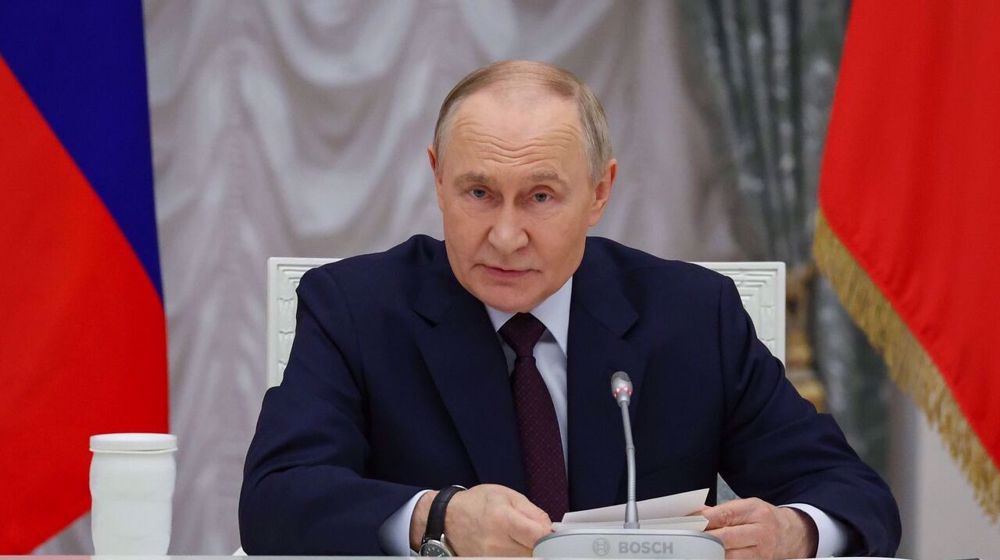
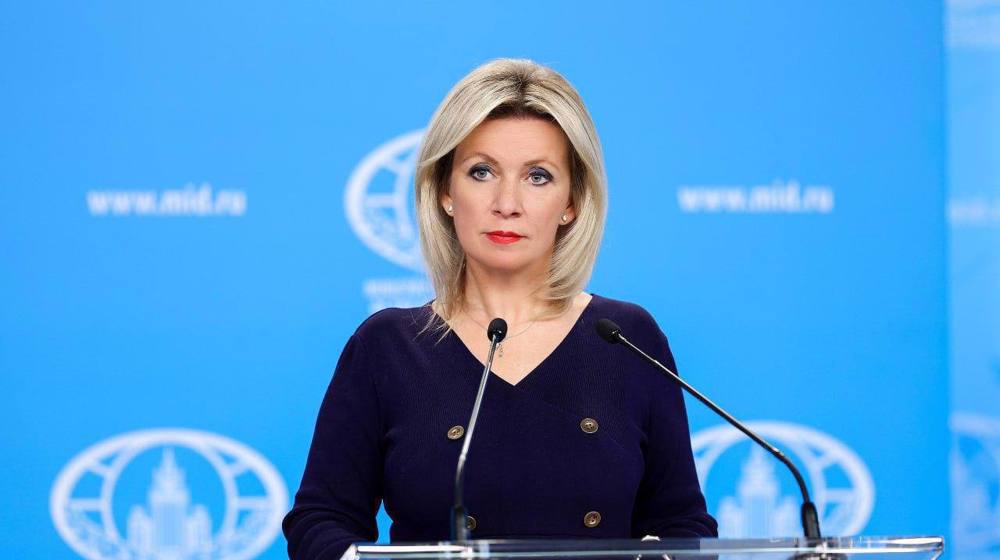
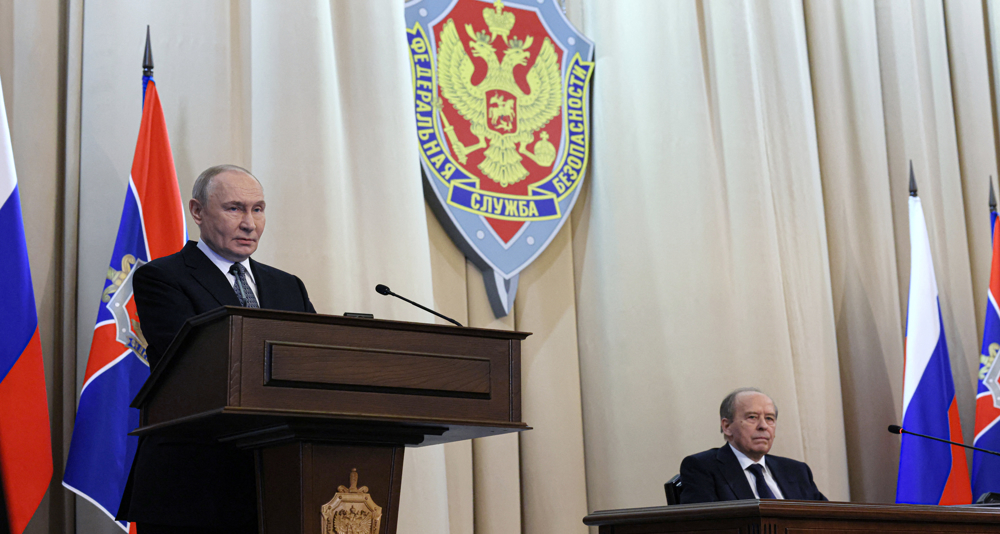



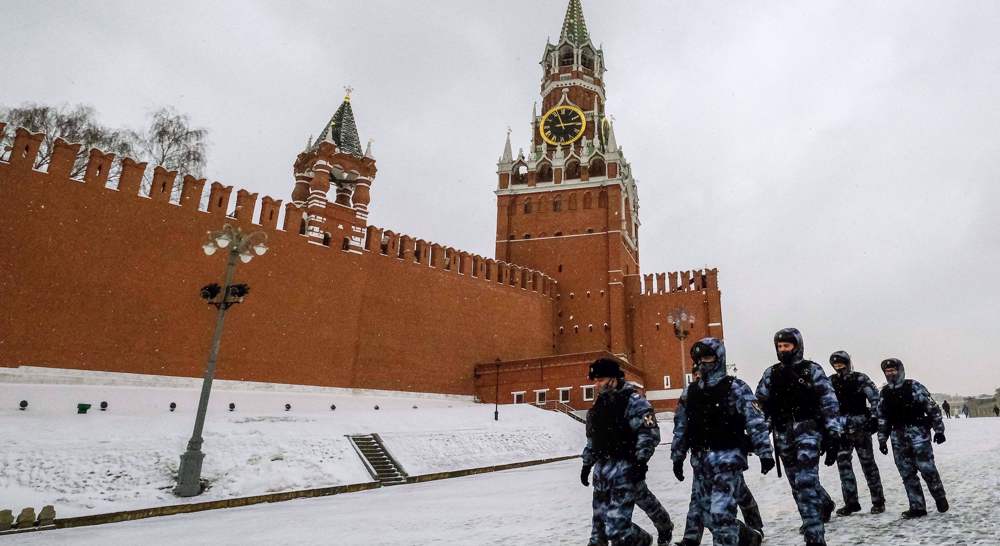

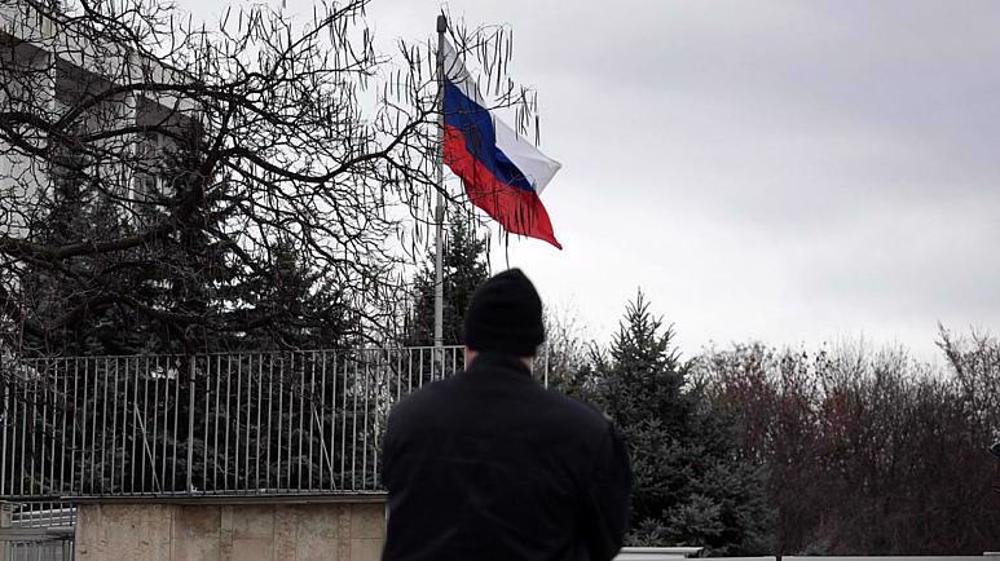

 This makes it easy to access the Press TV website
This makes it easy to access the Press TV website